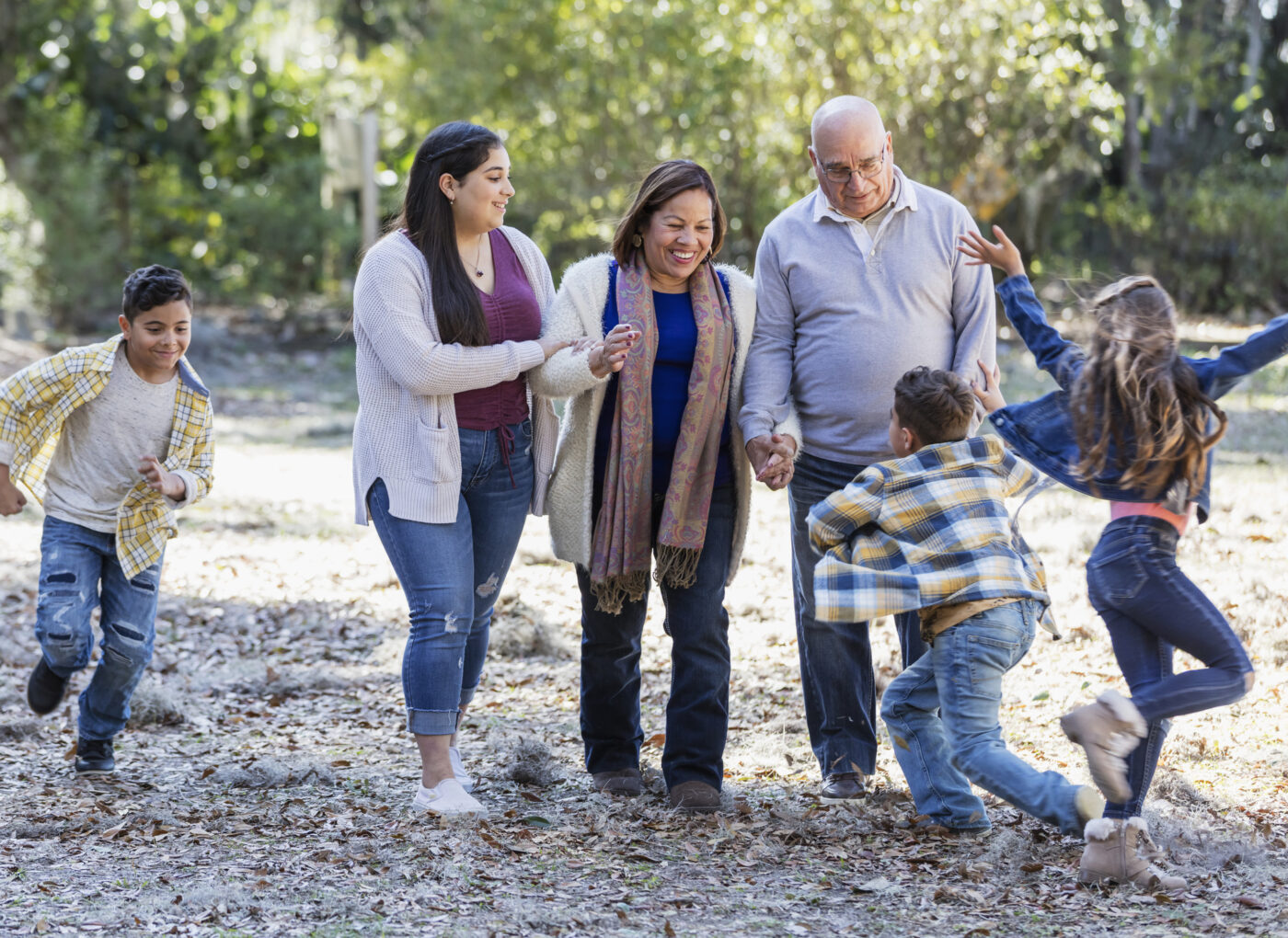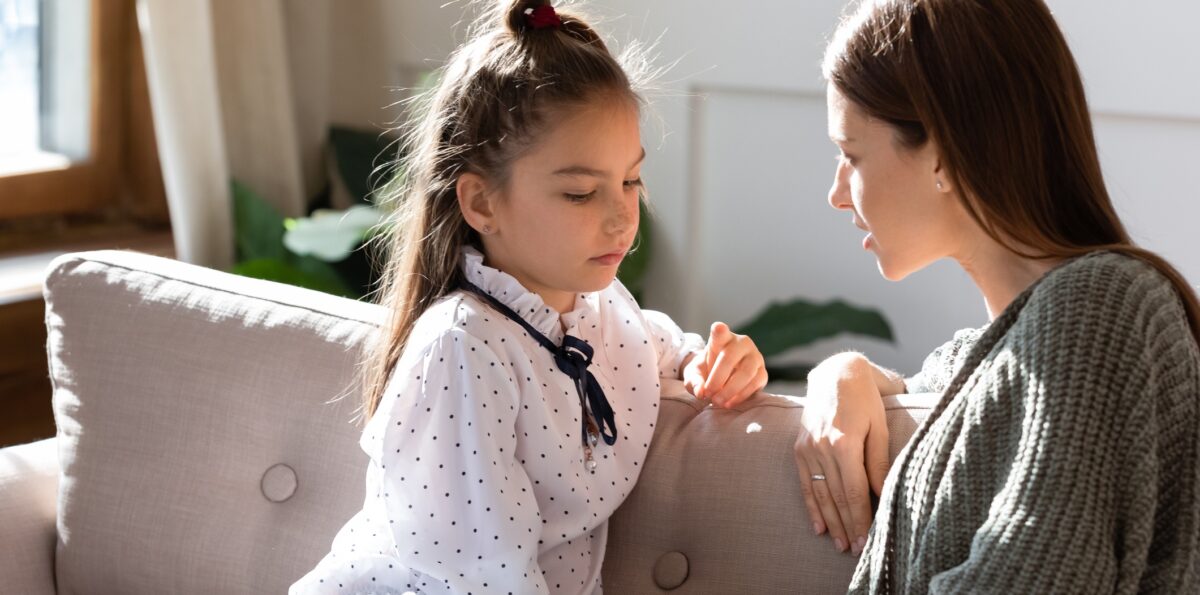What Helps Parents Cope With a Childs Loss?
When a child’s loss leaves you reeling, remember, you’re not alone. Seek counseling to navigate the whirlwind of emotions. Connect with supportive groups for understanding and comfort. Express yourself creatively through art or music therapy. Embrace mindfulness and reflection to build inner strength. Prioritize self-care; exercise and eat well to nurture yourself. Rely on faith or spirituality for solace. Honor your child by creating lasting tributes and celebrating their life with family. Cherish little moments of happiness as signs of love. Discover ways to cope and heal during this challenging time.
Key Takeaways
- Seeking professional counseling for support and guidance during difficult times.
- Connecting with local support groups for comfort, coping strategies, and a network of support.
- Engaging in creative expression through art and music therapy to process emotions.
- Practicing mindfulness and meditation for inner peace and resilience.
- Maintaining healthy habits like exercise and a balanced diet for overall well-being.
Seeking Professional Counseling

If you find yourself struggling to cope with your child’s loss, seeking professional counseling can provide you with the support and guidance you need during this difficult time. Family therapy and grief counseling offer a safe space to express your emotions, navigate through the grieving process, and learn coping mechanisms.
A child psychologist specializing in mental health therapy can help you understand your feelings and provide strategies to support both yourself and your family.
During family therapy sessions, you can address the impact of your child’s loss on each family member, improve communication, and strengthen relationships.
Grief counseling focuses on processing your emotions, accepting the loss, and finding ways to honor your child’s memory. A child psychologist can assist in identifying signs of distress in your children and offer personalized strategies to help them navigate their grief.
Connecting With Support Groups
Consider connecting with local support groups to find comfort and understanding as you navigate through your child’s loss. Parental bonding in these groups can offer a sense of community and shared experiences that may help ease the burden of grief. Group therapy, often a key component of support groups, provides a safe space to express your feelings and emotions openly.
By joining a support group, you can connect with other parents who are going through similar challenges. Sharing your story and listening to others can create a sense of solidarity and validation, reminding you that you aren’t alone in your journey of healing. These groups can offer valuable insights, coping strategies, and a network of support that can be instrumental in processing your grief.
The power of collective understanding and empathy within support groups can be truly transformative. Through these connections, you may find solace, strength, and a renewed sense of hope as you navigate the difficult path of coping with your child’s loss.
Engaging in Creative Expression
Explore the healing power of engaging in creative expression as a way to process and cope with your child’s loss. Art therapy and music therapy can provide a safe space for you to express your emotions and thoughts creatively. Through painting, drawing, or sculpting, you can externalize your feelings, giving them a tangible form that can be understood and processed.
Music therapy, on the other hand, allows you to connect with your emotions through sound, rhythm, and lyrics, offering a unique outlet for your grief.
Engaging in creative expression can help you navigate the complex emotions that come with losing a child. It allows you to communicate what may be challenging to put into words, promoting healing and self-discovery along the way. Whether through visual arts or music, these therapies offer a non-verbal way to cope with your grief and honor your child’s memory.
Take the time to explore these creative avenues as part of your healing journey.
Practicing Mindfulness and Meditation

Engage in mindfulness and meditation practices to cultivate inner peace and emotional resilience as you continue to navigate through the grieving process of losing your child.
Mindful breathing can be a powerful tool during this difficult time. Take moments throughout your day to focus on your breath, allowing it to anchor you to the present moment and soothe your mind.
Self-reflection is also essential; give yourself the space to acknowledge and process your emotions without judgment.
Explore various meditation techniques and relaxation exercises to find what works best for you. Whether it’s guided imagery, progressive muscle relaxation, or loving-kindness meditation, these practices can help calm your mind and reduce stress.
Set aside dedicated time each day to prioritize your mental well-being through these activities.
Maintaining Healthy Habits
To cope with the immense emotional toll of your child’s loss, prioritize maintaining healthy habits to support your overall well-being during this challenging time. Establishing a routine that includes regular exercise and a balanced diet can play an essential role in helping you navigate through this difficult period.
Engaging in physical activity not only benefits your physical health but also has a positive impact on your mental well-being by releasing endorphins that can help lift your mood. Consider incorporating activities like walking, yoga, or swimming into your daily routine to help manage stress and promote a sense of well-being.
Similarly, paying attention to your diet is vital during this time. Make sure you’re consuming nutritious foods that nourish your body and provide you with the energy you need to cope with the emotional strain. Focus on incorporating fruits, vegetables, whole grains, and lean proteins into your meals to support your overall health.
Finding Comfort in Faith and Spirituality
During this challenging time of coping with your child’s loss, finding comfort in faith and spirituality can provide solace and support as you navigate through your grief journey.
Engaging in prayer circles can offer a sense of community and collective strength. Seeking spiritual guidance from leaders within your faith can help you find peace and understanding in the midst of your sorrow. Additionally, turning to faith-based grief counseling can provide you with specialized support tailored to your spiritual beliefs, offering a unique perspective on healing.
Group meditation sessions centered around themes of loss and resilience can create a space for you to connect with others who share similar experiences, fostering a sense of solidarity and empathy. These shared practices can offer moments of tranquility and reflection, allowing you to process your emotions in a supportive environment.
Embracing your faith and spirituality during this difficult time can serve as a source of comfort and hope as you navigate the complexities of grief.
Honoring the Memory of the Child
As you navigate the pain of your child’s loss, finding ways to honor their memory can bring comfort and solace.
Consider creating memory keepsakes that hold special significance or establishing memorial traditions that keep their spirit alive.
These gestures can serve as a gentle reminder of the love and bond you shared, helping you find moments of peace amidst the grief.

Creating Memory Keepsakes
While journeying through the difficult process of coping with your child’s loss, creating memory keepsakes can provide a comforting way to honor and cherish your child’s memory. Memory quilts and personalized jewelry can serve as tangible reminders of your child’s presence in your life. Each stitch in a quilt or charm on a piece of jewelry can hold a special meaning, weaving together the threads of love and memories you shared.
Engaging in art therapy or scrapbooking can also be therapeutic ways to express your emotions and create lasting tributes to your child. The act of creating something beautiful in memory of your child can be a healing process, allowing you to channel your grief into a tangible form of remembrance.
These memory keepsakes can become cherished treasures that you can hold onto, providing solace during difficult times and serving as a reflection of the enduring love you have for your child.
Embrace the opportunity to create these keepsakes as a way to honor the beautiful memories you shared with your child.
Establishing Memorial Traditions
Establishing memorial traditions can be a meaningful way to honor and keep the memory of your child alive in your heart and home.
Planting trees in remembrance of your child can create a lasting tribute to their life, providing a beautiful symbol of their memory growing and thriving over time. This act can offer a sense of connection to nature and the cycle of life, serving as a peaceful sanctuary for reflection and remembrance.
Family gatherings centered around your child’s memory can also be comforting and healing. Coming together with loved ones to share stories, memories, and moments of joy can help celebrate the life of your child and strengthen the bonds within your family unit.
These gatherings can serve as a reminder that your child’s presence, though physically gone, continues to live on in the hearts of those who love them.
Embracing Moments of Joy
You may find solace in embracing the moments of joy that come your way, no matter how fleeting they may seem.
Finding small joys in your daily life and cherishing the happy memories you shared with your child can help bring a sense of comfort and peace.
Allow yourself to experience these moments fully, honoring the love and happiness that still exists amidst the pain of loss.

Finding Small Joys
Embracing moments of joy, no matter how small, can be a powerful way to find solace and strength during the difficult journey of coping with a child’s loss.
Engaging in mindful activities, such as daily gratitude practices, can help you focus on the present moment and appreciate the small blessings in life.
Taking nature walks can also provide a sense of peace and connection to the world around you, offering moments of respite and rejuvenation.
When you intentionally seek out joyful moments, whether it’s watching the sunset, listening to birds chirping, or feeling the warmth of sunlight on your skin, you allow yourself to experience pockets of happiness amidst the pain.
These small joys may not erase your grief, but they can serve as gentle reminders that beauty and love still exist in the world.
Cherishing Happy Memories
How can you hold onto the precious moments of joy and happiness shared with your child, even amidst the pain of their loss? Cherishing happy memories is a way to honor the love and connection you shared.
Celebrating milestones, whether big or small, can help you reminisce about the beautiful moments you experienced together. Take comfort in recalling the laughter, the smiles, and the warmth that filled your hearts.
Sharing stories about your child can also be therapeutic. It allows you to keep their memory alive and create a legacy that will endure. Remembering the times when they achieved something remarkable or simply made you proud can bring solace during difficult times.
Embrace these moments of joy as a source of strength. They’re a reminder of the love that will always remain between you and your child. While the pain may never fully go away, holding onto these happy memories can help you navigate through the grieving process with a little more light in your heart.
Frequently Asked Questions
How Can Parents Navigate the Grieving Process Together?
Getting through the grieving process together can be challenging, but with couples therapy, support groups, individual counseling, and effective communication techniques, you can rely on each other for strength, understanding, and healing during this difficult time.
What Are Some Ways to Involve Siblings in the Healing Journey?
Supporting siblings is essential in the healing journey. Include them in family therapy sessions to navigate shared grief. Encourage open communication and provide them with resources to cope. Sibling support fosters resilience and unity during difficult times.
Can Pets Play a Role in Supporting Parents Through Grief?
Pets can offer tremendous emotional support through pet therapy. Their unconditional love and presence can be a comforting presence during times of grief. Remember, they can play a significant role in supporting you through your journey.
Are There Specific Rituals or Ceremonies to Commemorate the Child?
During these challenging times, healing ceremonies and memorial traditions can offer solace. They provide a space for honoring your child’s memory and finding comfort in shared rituals. Embrace these moments of remembrance and healing.
How Can Parents Address Feelings of Guilt or Regret After Loss?
Reflect on your feelings of guilt or regret after loss. Practice self-care by seeking support from loved ones, counseling, or support groups. Remember, it’s important to feel this way, and taking care of yourself is vital during this difficult time.
Conclusion
In times of immense grief, it’s important to remember that you aren’t alone. Seeking professional counseling, connecting with support groups, and engaging in creative expression can help you cope with your child’s loss.
Remember to practice mindfulness, maintain healthy habits, and find comfort in your faith. Honor your child’s memory and embrace moments of joy.
Allow yourself to feel your emotions and lean on others for support. You’re strong, and you’ll get through this difficult time.

Hey there! 👋 I’m a proud mom and passionate writer, sharing my parenting journey. 📝 Join me as I navigate the ups and downs of motherhood, offering tips, advice, and a sprinkle of humor along the way. 🌟







